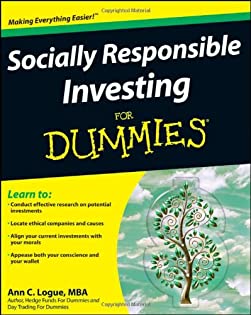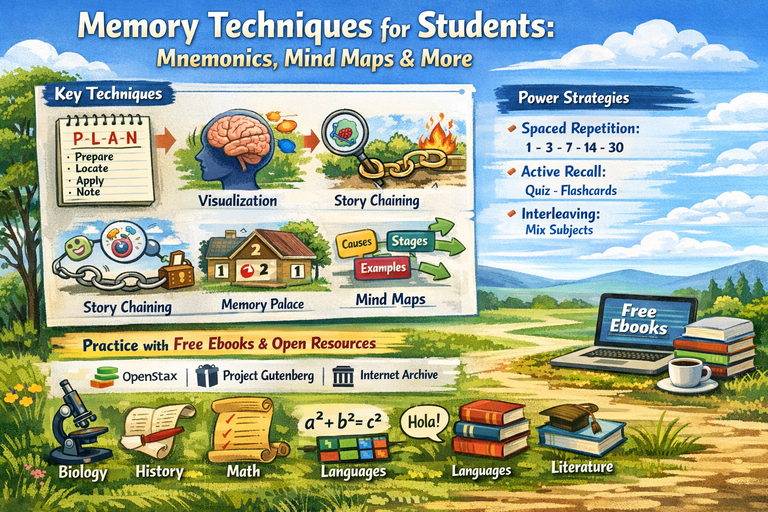The Psychology of Wealth in Finance-Themed Novels
Wealth is not just a matter of numbers—it’s an idea, a feeling, a dream, and sometimes a curse. In the world of finance-themed novels, wealth takes on a character of its own. It drives ambition, causes betrayal, fuels fantasies, and exposes the deepest insecurities of the human mind. The psychology of wealth, especially as portrayed in fiction, offers readers a glimpse into how money shapes identity, relationships, morality, and emotional wellbeing.
At Junkybooks, we believe that literature can be a mirror to our internal relationship with money. While nonfiction finance books often teach us how to acquire wealth or manage it, finance fiction shows us what wealth does to people—how it changes them, seduces them, or destroys them. These novels bring money to life, not as currency, but as a psychological force.
In this post, we’ll explore how finance-themed novels explore the complex psychology of wealth—how it is desired, feared, worshipped, and misunderstood. From the excesses of Wall Street to the quiet struggles of the middle class, these stories reveal that money is never just money.
Wealth as Identity
Many finance novels depict wealth not merely as a possession, but as a part of identity. Characters often tie their self-worth to their net worth, making financial success—or failure—deeply personal.
Take Tom Wolfe’s The Bonfire of the Vanities. The protagonist, Sherman McCoy, is a wealthy bond trader who considers himself a “Master of the Universe.” His wealth gives him power, confidence, and social status—until one mistake sends his life crashing down. The novel becomes a dissection of ego, identity, and the fragile nature of success built on money.
In Junkybooks’ perspective, these narratives help readers reflect on their own identities. Do we measure our value based on income? Do we feel “less than” when others have more? Fiction forces us to confront how tightly we may tie our personal narrative to our financial standing.
The Seduction of Luxury
Wealth has a seductive quality, and many finance-themed novels portray it as both alluring and dangerous. Authors often explore how characters are drawn to luxury—not just for comfort, but for validation.
In Kevin Kwan’s Crazy Rich Asians, the extravagance of Asia’s elite is put on full display. Private jets, lavish weddings, designer clothes—these symbols of wealth form a cultural battleground where characters compete for status. But beneath the glitz lies emotional insecurity, familial pressure, and the need to belong.
Similarly, in F. Scott Fitzgerald’s The Great Gatsby, Jay Gatsby’s mansion, parties, and tailored suits are all part of an elaborate performance designed to win back lost love. Gatsby’s wealth is both real and illusionary—it elevates him socially but fails to secure his happiness. His psychology is one of longing disguised as opulence.
These novels remind us that the pursuit of wealth is often a pursuit of something deeper: love, acceptance, or a sense of meaning.
Fear of Losing It All
For many characters in financial fiction, the fear of losing wealth is as powerful as the drive to acquire it. This fear can lead to paranoia, manipulation, and even criminal behavior.
In Don DeLillo’s Cosmopolis, billionaire Eric Packer watches his financial empire crumble during a single limo ride across Manhattan. The novel is a meditation on existential dread, where money becomes a symbol of control slipping away. As his fortune dwindles, so does his sanity.
Another example is Adam Haslett’s Union Atlantic, where a young financier risks everything to grow his power and influence, only to face a reckoning that blurs professional collapse with personal unraveling.
At Junkybooks, we recognize how these novels illuminate the psychological fragility of the wealthy. They show that no matter how high you climb, the fear of falling never disappears. And often, it’s that fear that drives people to make irrational—or unethical—choices.
Money and Relationships
Money changes relationships. In finance-themed novels, wealth often becomes a wedge between partners, friends, or family members. Trust is tested, love is conditional, and social dynamics are rewritten by financial disparity.
In Jonathan Dee’s The Privileges, a married couple rises to the top of the financial world, but their wealth subtly corrodes their emotional connection. They seem to have everything, but their relationship becomes increasingly transactional and hollow.
Similarly, in Lionel Shriver’s The Mandibles: A Family, 2029–2047, a near-future economic collapse shatters a wealthy family's expectations. Suddenly cut off from their fortune, family members must renegotiate their identities, alliances, and values. The novel brilliantly explores how the loss of money strips away the illusions that once held them together.
These stories highlight how wealth can simultaneously bind and divide. Love and loyalty are often tested when financial security is at stake.
Wealth as Moral Compass—or Lack Thereof
Fiction often examines how wealth influences morality. Are the rich more likely to justify unethical behavior? Do they feel above the law? Or do they simply live by different rules?
In Ayn Rand’s Atlas Shrugged, wealth is framed as a moral virtue. Her characters are unapologetic capitalists who view financial success as proof of superiority. While controversial, the novel taps into a psychological belief held by many—that making money means you’ve earned moral authority.
In contrast, in Charles Ferguson’s nonfiction-style novel Predator Nation, readers are taken through the ethical rot of the 2008 financial crisis. Executives lie, cheat, and exploit with little remorse. The psychology here is not of meritocracy, but entitlement.
At Junkybooks, we find this moral ambiguity fascinating. Financial fiction often poses hard questions: Does money corrupt? Or does it simply reveal who we really are?
The Illusion of Control
Another recurring theme in finance novels is the illusion of control. Characters believe they can outsmart markets, manipulate outcomes, or insulate themselves from risk—only to find that fortune is fickle.
Michael Lewis’s Liar’s Poker (though memoir-esque) reads like a novel in its portrayal of Wall Street bravado. Traders believe they’re masters of the universe—until they’re not. The same psychology is at work in fictional accounts like American Psycho, where Patrick Bateman’s wealth gives him a god complex, masking deep emotional emptiness.
These stories show how the pursuit of wealth can create a false sense of invincibility, often leading to personal or professional ruin.
The Working-Class Perspective on Wealth
Not all finance-themed novels are about billionaires or bankers. Some explore wealth from the perspective of those who don’t have it—or are desperately trying to get it.
In Mohsin Hamid’s How to Get Filthy Rich in Rising Asia, the narrator climbs from poverty to success, only to question the cost of his ambition. The novel is a profound exploration of aspiration, sacrifice, and regret.
Jess Walter’s The Financial Lives of the Poets is another example. A man loses his job, tries to reinvent himself, and gets caught in absurd schemes to stay afloat. It’s finance fiction with a tragicomic lens, showing how the struggle for wealth can lead to desperation.
These narratives are critical because they show that the psychology of wealth isn't limited to the rich. Everyone, regardless of status, has a relationship with money—and fiction makes that relationship visible.
Why the Psychology of Wealth Matters
In a world obsessed with financial success, understanding the psychology of wealth is more important than ever. Finance-themed novels offer a literary lens through which we can question our own assumptions: What does wealth mean to me? What would I sacrifice to get it? Would I be different if I had more?
At Junkybooks, we believe these stories matter because they go beyond the numbers. They explore the inner lives of people shaped—and sometimes broken—by the pursuit of money. They show us that wealth isn’t just about assets. It’s about mindset, emotion, and identity.
Final Thoughts
The world of finance is driven by logic, but the world of financial fiction is driven by emotion. Together, they paint a complete picture of how money shapes our lives.
Finance-themed novels offer rich insight into the psychology of wealth—its allure, its cost, and its complex impact on human behavior. From luxury and fear to morality and identity, these stories reflect our deepest beliefs about what it means to be rich—or poor.
So the next time you pick up a financial novel, don’t just look for stock tips or plot twists. Look for the psychological undercurrents. Because in fiction, as in life, money is never just money.







